Зарегистрируйтесь на getAbstract, чтобы получить доступ к этому краткому изложению.

Зарегистрируйтесь на getAbstract, чтобы получить доступ к этому краткому изложению.
Vivek Wadhwa and Alex Salkever
The Driver in the Driverless Car
How Our Technology Choices Will Create the Future
Berrett-Koehler, 2017
Что внутри?
Watch “exponentially advancing technologies” to see why humanity’s guiding hand still matters.
Recommendation
Does the future hold a Star Trek utopia or a Mad Max dystopia – ordinary people will decide. For now, humanity is the ambivalent “driver” of technological change. Your voice matters in urgent debates about driverless cars, killer drones, artificial intelligence, job-stealing robots, data privacy and gene splicing. In this rapid-fire look at current and near-future paradigm-shifting technology, futurist Vivek Wadhwa – writing with tech editor Alex Salkever – focuses on equitability, risk versus benefit, and autonomy versus reliance. getAbstract recommends their eye-opening report to entrepreneurs, technologists, innovators, investors, futurists and curious consumers.
Summary
About the Authors
Engineering professor, entrepreneur and columnist Vivek Wadhwa teaches at Carnegie Mellon and Duke. He co-authored The Immigrant Exodus – a 2012 The Economist book of the year. Former tech editor for BusinessWeek online, Alex Salkever is VP of communications at Mozilla.












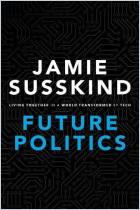
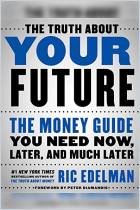


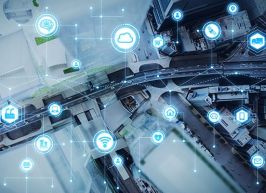
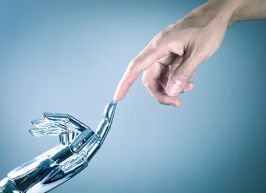
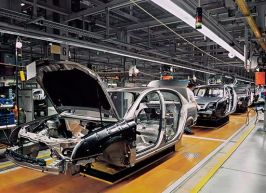







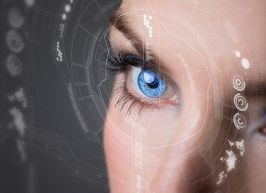
Comment on this summary
While the summary lists some technologies of the future, it fails to explain the interdependencies and the transition from one -topia to the next.